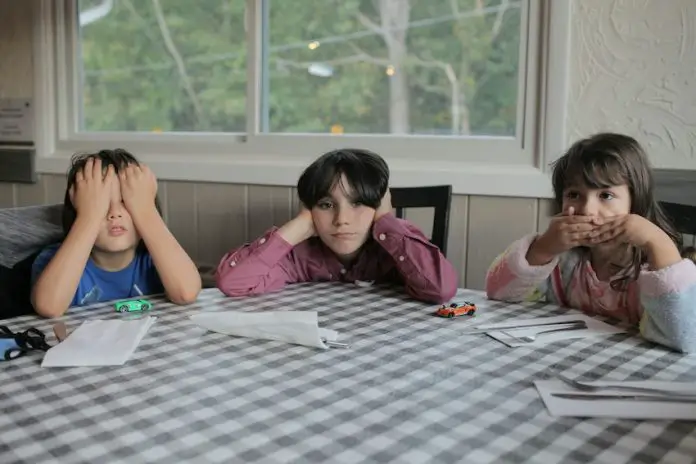Hi there! I know Spanish can be hard when it comes to verb conjugation as English is much easier with respect to this topic. I understand it can be a challenge to deal with to think of a different form for each person, depending on who you are talking to, and for each tense.
When my Italian boyfriend started learning Spanish I noticed that he started by learning some easy verb combinations that were the simplest way to start and make progress without racking his brain. So, this is the reason why I want to share them with you. In these combinations you will only have to remember the pattern and then add the verb you intend to actually do. Let’s see some examples.

To express the future, an intention or a plan
VOY A (going to)
Voy a comer (I am going to eat)
Voy a leer (I am going to read)
¿Vas a venir? (Are you coming)
Vamos a bailar (We are going to dance)
To talk about something you have to do
TENER QUE (have to)
Tengo que descansar (I have to rest)
Tienes que comprar leche (You have to buy milk)
Tenemos que manejar (We have to drive)
View this post on Instagram
To talk about something you have just finished
ACABO DE (I just)
Acabo de llegar (I just arrived)
¿Acabas de comer? (Did you just eat?)
Acabamos de terminar (We have just finished)
To express that you are about to do something
ESTAR POR (To be about to)
Estoy por llegar (I am about to arrive)
Estoy por comer (I am about to eat)
Estamos por terminar (We are about to finish)
To express you need something
NECESITO (I need)
Necesito dormir (I need to sleep)
¿Necesitas comprar más? (Do you need to buy more)
Necesitamos empezar ya (We need to start now)
These are some examples of verb combinations that can help you start speaking faster. My recommendation would be to learn one or two of them and start practising whenever you have the chance. It is all about finding the pattern, getting used to it and start using it as soon as you can!
Paulina Gerez is a translator-interpreter, content creator, and founder of Crack The Code, a series of online courses focused on languages. Through her social media, she helps people see learning a language from another perspective through her fun experiences. Instagram: paulinagerezm / Tiktok: paugerez3 / YT: paulina gerez
